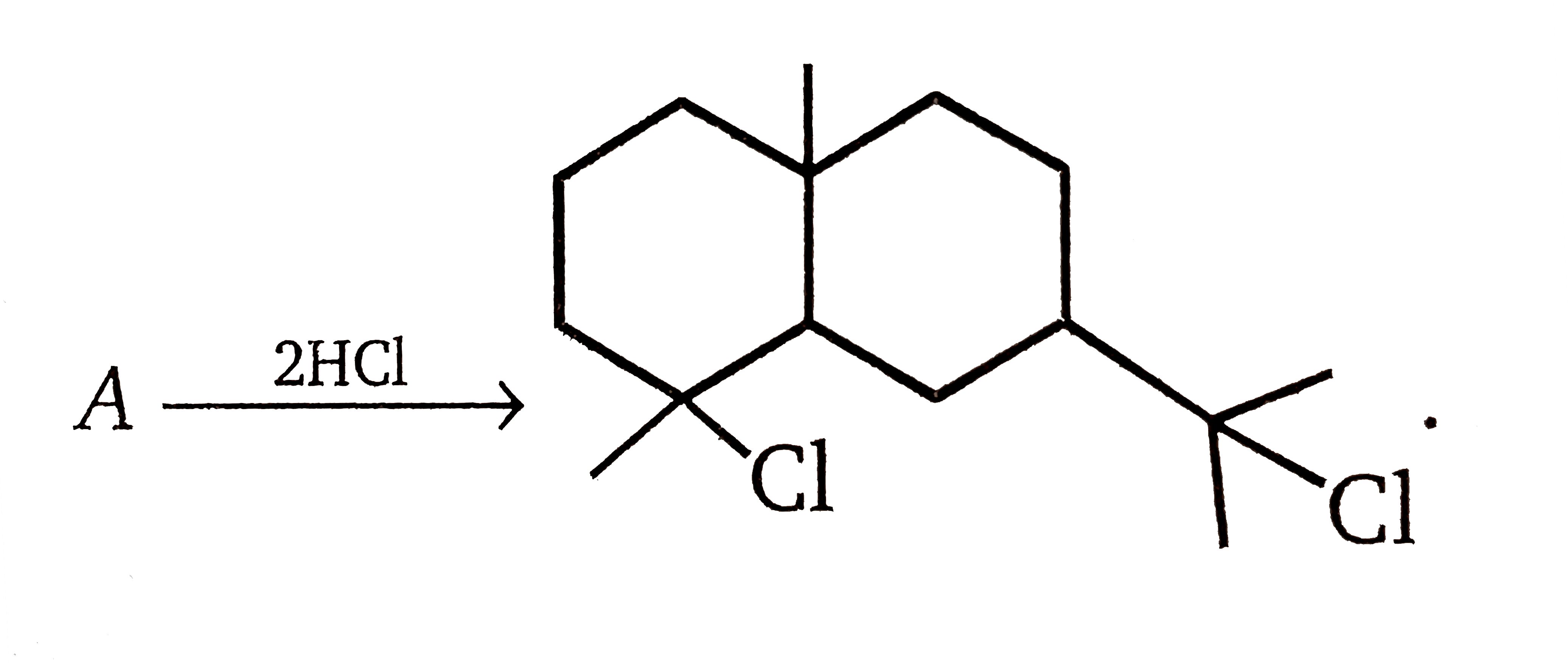A reaction involiving two different reactants can never be:
unimoleular reaction
First order reaction
Second order reaction
bimolecular reaction
The correct Answer is:A
A reaction involving two different reactants can never be unimolecular reaction.
Topper's Solved these Questions
- BOOK - DINESH PUBLICATIONCHAPTER - RATES OF REACTIONS AND CHEMICAL KINETICSEXERCISE - Selected Straight49videos
RATES OF REACTIONS AND CHEMICAL KINETICS
- BOOK - DINESH PUBLICATIONCHAPTER - RATES OF REACTIONS AND CHEMICAL KINETICSEXERCISE - Comprehension13videos
RATES OF REACTIONS AND CHEMICAL KINETICS
- BOOK - DINESH PUBLICATIONCHAPTER - RATES OF REACTIONS AND CHEMICAL KINETICSEXERCISE - Ultimate Preparatory Package29videos
RATES OF REACTIONS AND CHEMICAL KINETICS
- BOOK - DINESH PUBLICATIONCHAPTER - PHYSICAL AND CHEMICAL EQUILIBRIAEXERCISE - ULTIMATE PREPARATORY PACKAGE13videos
PHYSICAL AND CHEMICAL EQUILIBRIA
- BOOK - DINESH PUBLICATIONCHAPTER - REDOX REACTIONSEXERCISE - Reasoning Type Questions4videos
REDOX REACTIONS
Similar Questions
Knowledge Check
- Question 1 - Select One
A reaction involving two different reactants can never be:
Aunimolecular reactionBfirst order reactionCsecond order reactionDbimolecular reaction - Question 2 - Select One
A reaction involving two different reactants can never be
Abimolecular reactionBsecond order reactionCfirst order reactionDunimolecular reaction - Question 3 - Select One
A reaction involiving two different reactants can never be:
Aunimolecular reactionBfirst order reactionCsecond order reactionDbimolecular reaction
The order of reaction can never be zero.
View SolutionReactants A and B can react to give two different products C and D in two different reactions. The two reactions take place in two different mechanisms and D is found to be more energetically stable than C. But product C was found in larger amounts. How do you account for this ?
View SolutionState whether the statements given are True or False.
Two rationals with different numerators can never be equal.View SolutionA reaction involiving two different reactants can never be:
View Solution . Reactant (A) can be: View Solution
. Reactant (A) can be: View Solution

